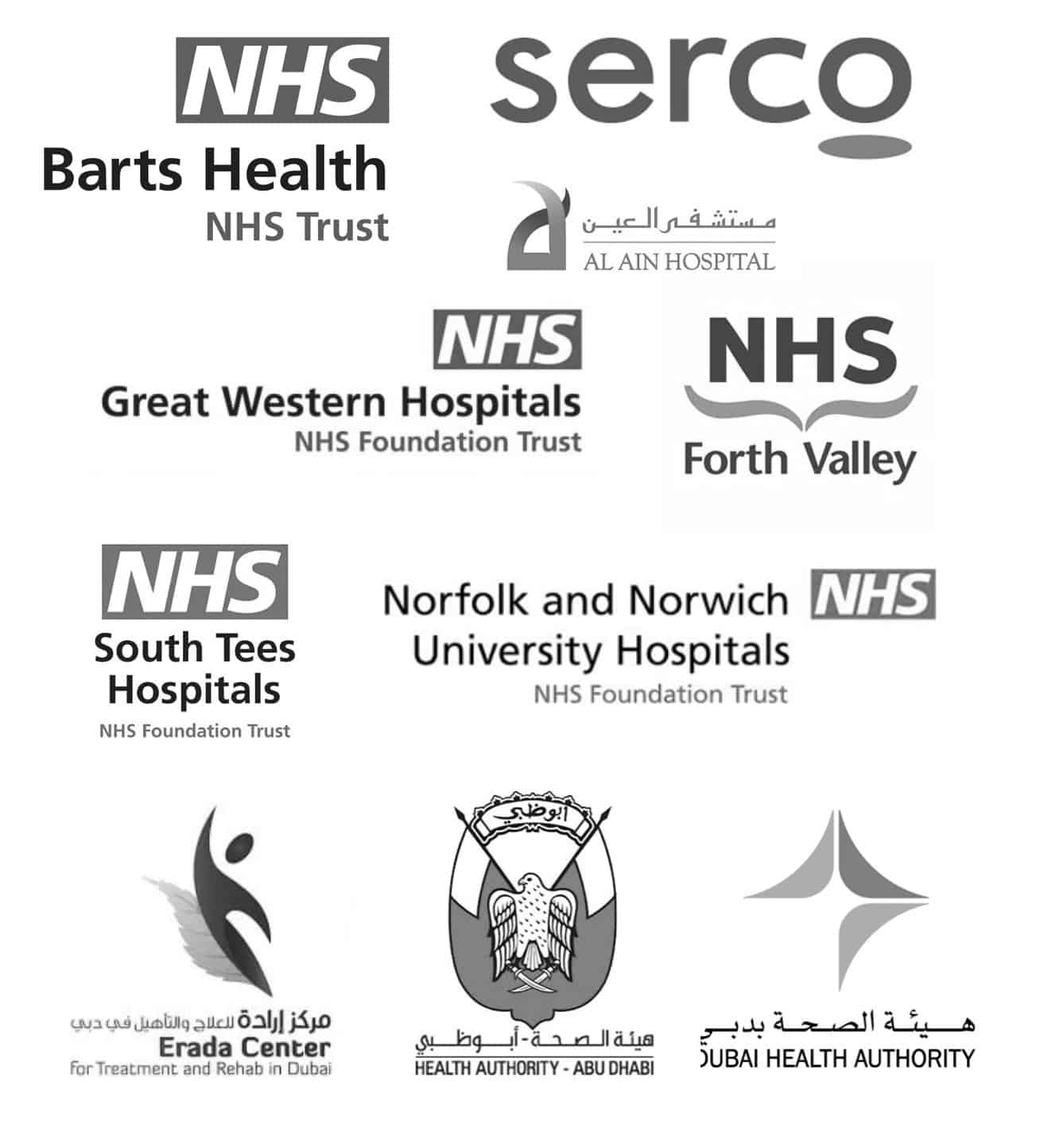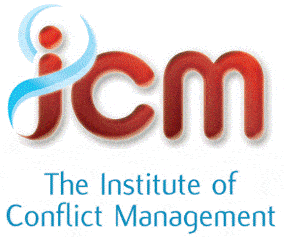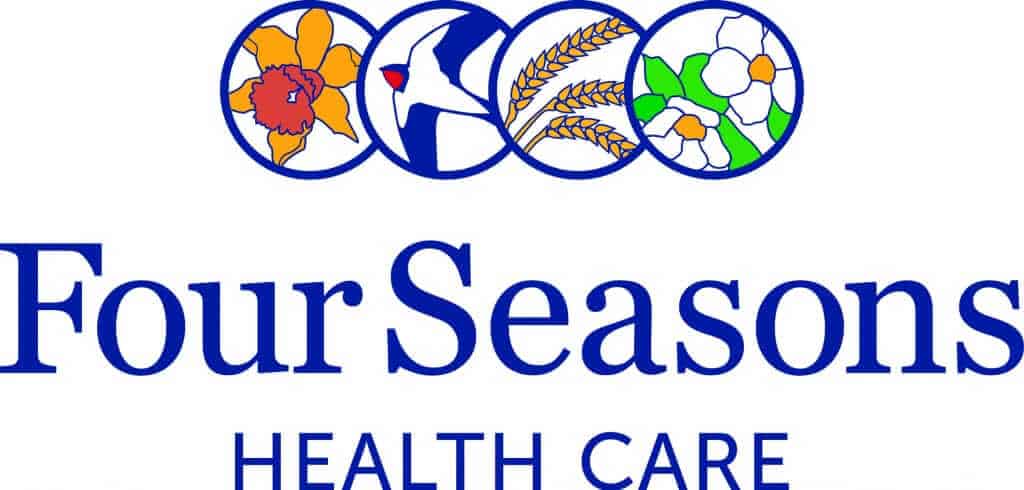Staff members from a UK based County Council have praised the effectiveness and practical value of de-escalation training delivered by Dynamis, with participants highlighting the transformative impact on their professional practice. The comprehensive training session, which included managers, social workers, and care professionals from various departments, received outstanding feedback for its practical approach and relevance (read more)
We support Positive Behaviour Support approaches
Within PBS-based approaches, underlying difficulties are seen as the target for therapeutic intervention.
- Using person-centred, values-based approaches to ensure people are living the best life they possibly can.
- Skilled assessment in order to understand probable reasons why a person presents behaviours of concern; what predicts their occurrence and what factors maintain and sustain them (this area of assessment is often referred to as a functional assessment)
- The use of behaviour support plans which have been informed by an assessment of these factors in order to ensure that aspects of the person’s environment that they find challenging are identified and addressed, that quality of life is enhanced and that wherever possible people are supported to develop alternative strategies by which they can better meet their own needs. These are referred to as primary preventative strategies.
- The behaviour support plan must detail the responses such as de-escalation techniques, distraction, diversion and sometimes disengagement to be used by carers/staff when a person starts to become anxious, aroused or distressed. These are referred to as secondary preventative strategies and aim to promote relaxation and avert any further escalation to a crisis.
- Behaviour support plans include guidance as to how people should react when a person’s agitation further escalates to a crisis where they place either themselves or others at significant risk of harm. This may include the use of restrictive interventions. Within behaviour support plans these are as identified as tertiary strategies.























